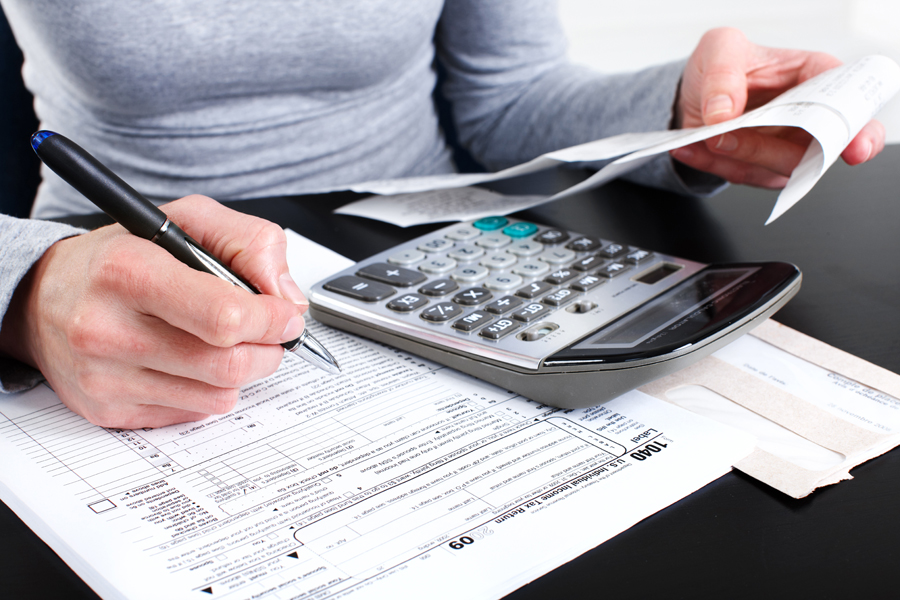Recordkeeping tips to make tax preparation easy
January 09, 2014 by Carol Thompson, EA
It’s that time of year when taxpayers begin to get massive headaches. If you feel your head pounding, following these simple tips could save you more pain.
- How are your files set up? (Do you have files?) The biggest time saver for tax returns is to have a filing system. Whether you keep your receipts in a shoebox or a filing cabinet, as long as there is an order to it, it can work for you.
- You only need to keep tax related receipts in your tax files. If you do not have a tax issue requiring home expenses, you can shred those utility bills and any other non-tax related receipts after they are fully paid. (Note: Do not throw away the receipts for large items that may have a warranty – such as your new television or computer.)
- File by deduction. Don’t put your receipts in files by month. Do put them in a folder for that specific deduction. For example, if you have medical expenses and contributions, folders for each. Sort the medical deductions by provider (doctors, dentists, labs, and prescriptions); and the charity folder by recipient (church, Red Cross, other organizations).
- Make sure you have a receipt and proof of payment (POP). For example, if you give $3,500 to your church over the year, be sure you have a letter/statement from the church with the amount you gave, plus either cancelled checks or debit/credit card statements showing the deductions. If you can see your cancelled checks online, you should print them. If your bank only allows a certain number of checks a month, request copies of any tax related checks every month. Put the copies in the files with the correct bill. (Note: all contribution receipts should say, “No goods or services were exchanged for this donation.”) We’ll talk about donations of non-cash items in a later post.
- Adding up the Receipts: You can prepare a simple spreadsheet on Excel™, or buy some bookkeeping software. If you plan to use software, make sure it fits your level of knowledge, comfort, and experience. Don’t buy a Cadillac™ when you need a Corolla™. Ask questions and if possible, take a class at an adult night school. Don’t buy more than you need! If you get confused, frustrated, and upset because you can’t make the software work – it’s more than you need. Unless you are a business, you probably don’t need more than a simple Excel™ worksheet.
Have fun filing – it’s the perfect bad weather or sports-on-TV activity. Teach the kids and let them help – you can teach them good tax habits while fixing your own.




